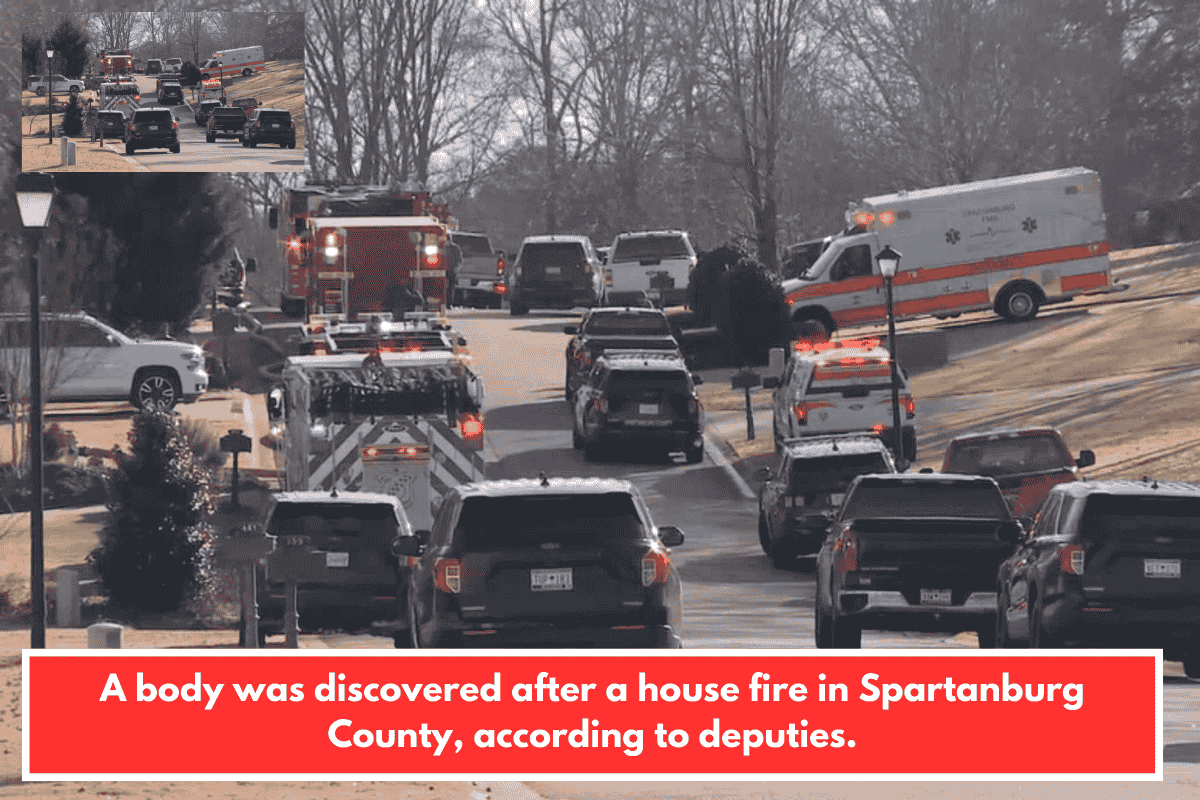If you’ve ever been stopped by police in Vermont, you might wonder whether they have the right to search your phone. With smartphones being a key part of our lives, this question is more common than you might think. Can the police search your phone during a traffic stop? Let’s take a closer look at the law surrounding this situation in Vermont.
What Does the Law Say About Phone Searches During a Traffic Stop in Vermont?
In Vermont, police cannot search your phone just because you are pulled over for a traffic stop. The law is clear that the police need a warrant to access the contents of your phone, including your messages, photos, and apps. This is in line with broader protections under the Fourth Amendment of the U.S. Constitution, which guards against unreasonable searches and seizures.
Can Police Search My Phone Without a Warrant?
In certain situations, police can search your phone without a warrant, but this typically requires special circumstances. For example, if they believe that the phone may have evidence of a crime or pose a safety risk (such as if you’re being arrested), they might be able to search it under specific exceptions. However, in the context of a regular traffic stop, police would not have the right to search your phone without your consent or a warrant.
What If the Police Ask for Permission to Search My Phone?
If the police ask you to unlock your phone or allow them to search it during a traffic stop, you have the right to refuse. You do not have to give them access to your phone unless they have a valid warrant or they can show that there are exigent circumstances (such as an emergency). It’s always advisable to politely refuse and ask if they have a warrant.
Exceptions to the Warrant Requirement
While a warrant is generally needed, there are a few exceptions that may apply. These include:
Consent: If you voluntarily give the police permission to search your phone, they can legally do so. However, you have the right to refuse at any time.
Search Incident to Arrest: If you are arrested for a crime during the traffic stop, police might search your phone if they have reasonable grounds to believe it contains evidence related to the arrest. However, even then, there are limits, and a phone search may require a warrant.
Exigent Circumstances: In urgent situations where waiting for a warrant might compromise evidence or safety, police might search your phone. For example, if they suspect the phone contains information related to an ongoing crime or threat, they might be able to act without a warrant.
What About Digital Privacy Laws in Vermont?
Vermont takes privacy seriously. The state has specific privacy laws that protect the digital data of its residents. In fact, Vermont has some of the strictest data privacy protections in the United States. Under Vermont law, your phone’s data is protected, and police generally need a warrant to access it, just like they would need one to search your home or car.
What Should I Do If Police Want to Search My Phone?
If you find yourself in a situation where police want to search your phone during a traffic stop, it’s important to stay calm and remember your rights. Here are some steps you can take:
Politely refuse: Let the officer know that you do not consent to a search of your phone.
Ask for a warrant: If the police insist, ask them if they have a warrant. They cannot search your phone without it unless there’s an emergency or you’ve given consent.
Know your rights: Remember that you are not obligated to let the police search your phone without a warrant.
Police generally cannot search your phone during a traffic stop unless they have a warrant, your consent, or there are special circumstances. The Fourth Amendment of the U.S. Constitution provides strong protection against unreasonable searches, and Vermont’s privacy laws add an extra layer of security for your digital data. If police ask to search your phone, you have the right to refuse, and you can always ask for clarification if they have a warrant. Understanding your rights is essential to protecting your privacy.
SOURCES
[1] https://www.criminallegalnews.org/news/2023/apr/15/vermont-supreme-court-announces-pinging-cellphone-obtain-real-time-csli-constitutes-search-requiring-warrant-or-recognized-exception/
[2] https://www.acluvt.org/en/know-your-rights-police-interactions
[3] https://mywaynecountynow.com/can-vermont-police-search-my-phone-during-a-traffic-stop-heres-what-the-law-says/
[4] https://www.acluvt.org/sites/default/files/2011-03-01_vermont_bust_card.pdf
[5] https://www.govtech.com/public-safety/can-police-search-your-phone-during-a-traffic-stop














